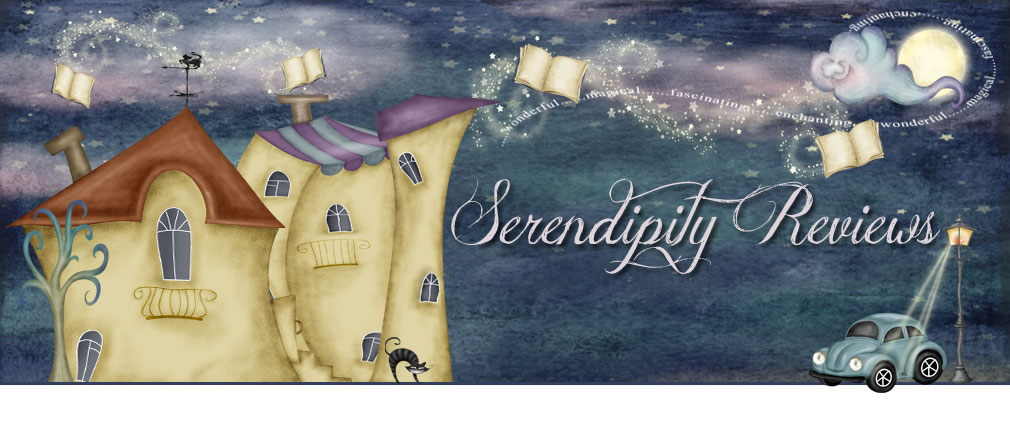During the Hot Key Books/ Templar Fiction blogger event, I was lucky enough to get the opportunity to talk to Alison Rattle, debut author of The Quietness, which is published by Hot Key Books in March. When I discovered the topic of her novel, I was completely fascinated and asked Alison if she would be interested in writing a post about it. Alison kindly agreed and her is the resulting post telling us why she decided to write about baby farming.
A few years ago I was writing a proposal for a non-fiction book on amazing women - that is amazingly great or amazingly awful! I stumbled upon a character called Amelia Dyer who was hanged in 1896 for the murder of an infant. She was described as a baby farmer. I had never heard this term before and was immediately intrigued. What was a baby farmer? Someone who grew babies for a living?
As I read on I realised the truth was much worse than I ever could have imagined.
I discovered that in Victorian England, women who fell pregnant outside of wedlock were judged extremely harshly. They were seen as having commited an offence against the sanctity of marriage and were viewed as an affront to morality. Single mothers often faced destitution and starvation after being kicked out of the family home for fear of scandal. They were unable to find employment and even the workhouses would only accept single mothers at the discretion of the workhouse Guardians, and even then they were separated from other inmates and categorised as ‘fallen women.’ Orphanages would only accept ‘respectable’ children, those who were born within wedlock and whose fathers had died
To make matters worse, the Bastardy Clause of the Poor Law Ammendment Act 1834, made illegitimate children the sole responsibility of the mother until the child reached the age of sixteen. Fathers were effectively freed from any legal responsibility.
As you can imagine, a woman with an illegitimate child was left with very few options. Starvation was one option, prostitution another. A third option was to turn to the services of a baby farmer.
A baby farmer was in the business of fostering or adopting unwanted illegitimate children for a one-off fee or a weekly fee. The idea being that the mother could go back to work and visit her child with the hopes of one day being in a position to reclaim that child. The harsh reality was that most single mothers knew they would never see their child again.
Baby farmers often subjected the children in their care to slow starvation; dosing them with laudanum (known amongst other things as The Quietness) to supress their appetites and feeding them the bare
minimum. Medical science was such that it was hard to prove the deaths of these babies had been brought on deliberately. And with the high rate of infant mortality that was prevalent in Victorian England, often theses deaths were not even viewed with suspicion.
Some baby farmers took things a step further and murdered the babies in their care the moment they got them home. The bodies would be disposed of around the streets of cities or dumped in rivers, leaving the baby farmer free to take in more babies and earn more money.
Incredibly, there were laws in place to govern the mistreatment of animals, but no laws existed until 1872 to supervise or regulate the care of children. Reforms moved slowly for fear of violating the Victorian ideal of the sanctity of the family.
Digging around in various records offices and archives, I came across many distressing documents relating to baby farming and infanticide in Victorian England. One I will never forget was a police document listing the number of dead babies found in every district of London during the course of one year. The bodies were found dumped on railway sidings, under bridges, on waste ground or just on the streets. Many were abandoned by desperate mothers, others were killed by the hands of baby farmers.
I was curious as to how such a horrific practice had escaped my notice, and more astonised to find out that hardly anyone I knew I had heard of the practice of baby farming either. When I read the Old Bailey transcript of the trial of baby farmer Margaret Waters in 1870, I was drawn to the voice of a fourteen year old girl who gave evidence at the trial. She had been a maid in the Waters' household and therefore witness to the starvation of dozens of babies. I began to wonder about this girl; about what she saw and heard. What did she think was happening to all the babies that came and went? This maid became the inspiration for Queenie, one of the two main characters in The Quietness.
The title of the book not only describes the laudanum mixture that was commonly used to quieten babies, but I hope also describes the quietness that seems to surround the whole subject of baby farming: a horrible part of our social history that has been swept under the carpet. I hope that The Quietness helps, in some small way, to redress this ignorance.
Thank you Alison for such a wonderful and informative post.
The Quietness by Alison Rattle will be published by Hot Key Books on March 7th 2013
You can find Alison here:
Twitter:@alisonrattle
I will be reviewing The Quietness on the blog this afternoon, so do pop back to hear my thoughts.



Wow, I had no idea such terrible practices went on either. Sounds like a fascinating topic for a novel though. Can't wait to read to your review.
ReplyDeleteThank you. Alison has really captured the hidden nature of this topic.
Delete